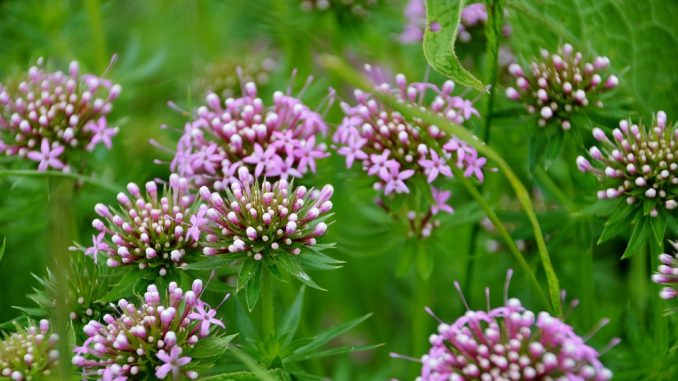
Angelica is a medicinal plant with many properties. Its scientific name is Angelica arch-angelica or Angelica officinalis.
Experts say that from this plant you should only use roots that are at least 2 years old. Because of the substances they contain, angelica leaves and fruits can be very toxic. The plant has anti-spastic properties, and many other incredible health benefits that we’re going to talk about today!
Angelica has been cultivated as a medicinal plant in the Scandinavian countries since the 12th century, and in the past, it was used as a sedative. The roots and seeds are used to distill a volatile oil, used in the process of making perfumes.
What other properties and benefits does Angelica have
May calm indigestion – Angelica can help in case of dyspepsia, which generally manifests in the form of gastric burns. It is believed that this medicinal plant contains chemical substances that fight flatulence and that facilitate the elimination of gases from the intestines.
The root pulp of the plant can be used as a remedy for good digestion, experts say. Keep in mind, however, that it is advisable to talk to a specialist before trying any kind of remedies.
It also helps men who are experiencing premature ejaculation – Angelica is a plant that could help in the event of premature ejaculation, when applied directly to the skin of the penis, in combination with other ingredients. One study looked at a cream with several ingredients, cream containing ginseng root, angelica root, cinnamon and many other active substances.
If you have problems with the ejaculation, talk to a specialist first before using topical angelica remedies. Your doctor may prescribe another type of treatment to help you with this.
Helps in gastric burns – A combination of herbs, including angelica, seems to relieve symptoms of stomach discomfort, including gastro-oesophageal reflux, stomach pain, cramps, nausea and vomiting. This combination of plants includes, besides angelica, mint leaves, German chamomile, sweet wood, cumin, etc.
It has also been observed that the plant has carminative action, it prevents the formation of intestinal gases and helps to eliminate them. If you experience such discomfort, ask your doctor if you could try out this remedy to make sure the plant does not interact with other medications you are currently taking for other conditions.
Contraindications
This plant should be avoided by pregnant women. It is very possible that Angelica is not considered safe for oral administration during pregnancy. Some experts believe that it can cause uterine contractions, and this factor could put the baby at risk.
There is not enough information about how safe the administration of the plant is to women who are breastfeeding, so it is best not to use angelica during breastfeeding.
Certain chemicals from angelica roots and other parts of the plant lead to increased skin sensitization to sunlight and ultraviolet radiation. For this reason, during treatments with angelica root preparations, you must take into account the basic rule: avoid exposing the skin to the sun, as it is more sensitive now.
How to prepare Angelica Tea
As we’ve mentioned above, many specialists recommend Angelica root tea for bloating. The plant has a bitter taste and just these bitter compounds from it can stimulate the digestive juices, to contribute to a good digestion.
A typical serving of angelica tea is made from adding a teaspoon of dried root (2.5 grams) to a cup (240 ml) of boiling water. Leave to infuse for 5 minutes and then drink – and remember, always follow your doctor’s recommendations.



Leave a Reply